
The College Devaluation Crisis
Market Disruption, Diminishing ROI, and an Alternative Future of Learning
Recommendation
Learning strategist and longtime university executive Jason Wingard argues US colleges are failing to keep pace with the rapidly evolving skills landscape. Employers are seeking innovative training solutions to keep workers up to speed, as the market-based value of a traditional university degree faces precipitous decline. Wingard covers the history of higher education, outlines recent tectonic shifts in the educational landscape, and profiles emerging alternative learning models.
Summary
About the Author
Jason Wingard currently serves as chairman of the Education Board, Inc., a consultancy providing learning and strategic solutions for corporate and educational institutions. He previously worked as president of Temple University, dean of the School of Professional Studies at Columbia University, vice dean of The Wharton School, and managing director and chief learning officer at Goldman Sachs.








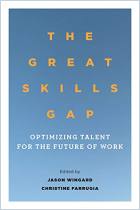
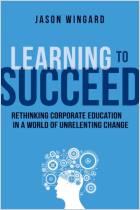
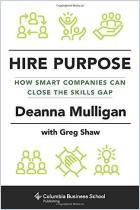
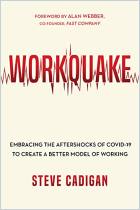
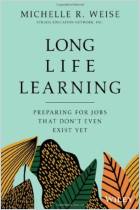
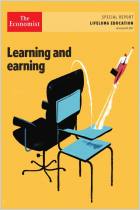
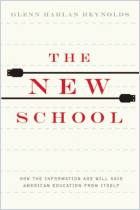
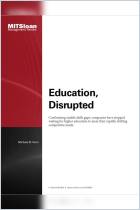



Comment on this summary or Iniciar a Discussão